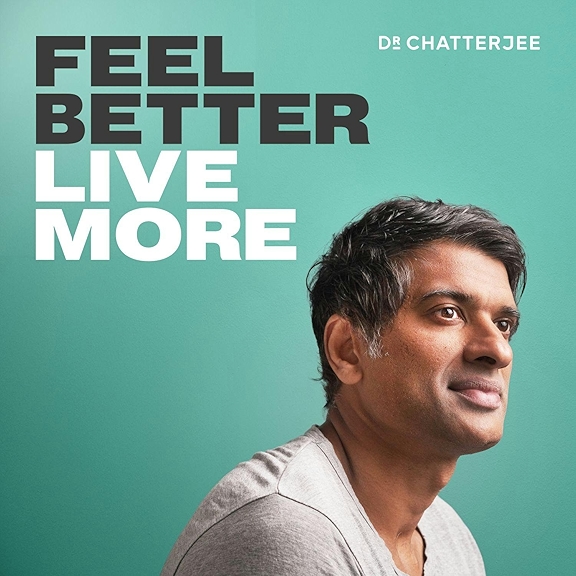
We all have an “upstairs brain” and a “downstairs brain.”
The downstairs brain, the oldest part of our brain, from a chronological and evolutionary perspective, is chief in command.
This means that the logic and reason of our upstairs brain actually holds very little control and power.
As adults we “normally” think with our “upstairs brain”. But when emotions build up and run high, or when we’re tired, hungry, or over the edge, the function flips, and our “downstairs brain” takes over our “upstairs brain”.
Our “downstairs brain” is always looking to meet some important need for survival purposes. When it flips, it’s an alarm system letting us know that we have a very important unmet need. And it’s urgent.
The downstairs brain perceives this urgency as life or death keeping many of us stuck in survival mode.
Living in survival mode for prolonged periods is a recipe for chronic pain and chronic illness.
And chronic pain and chronic illness often lead people into survival mode.
It's kind of a chicken or egg scenario.
For some people survival mode brings on chronic pain.
For other people chronic pain brings on survival mode.
When stuck in the survival mode of the downstairs brain we are living in the part of the brain that deals with all automatic bodily functions, habits and emotions.
This means fear and rage - strong survival emotions - usually run the show and perpetuate more pain.
The upstairs brain is the logical, reasoning brain. In human evolution, this is the newest part of our brain. The prefrontal cortex is responsible for logic, reasoning, and executive decision making.
Recovering from chronic pain, anxiety, depression and chronic illness happens when we relaim access to the upstairs brain.
It requires that we take back our thoughts with disciplined, rational and accurate thinking.
The kicker here is that more disciplined, rational and accurate thinking starts in the body.
We need to feel safe inside the physical body to access the disciplined, rational and accurate thinking that fosters healing.
When we develop enough safety in the physical body we reclaim access to the upper brain of logic and reason.
This turns off the alarm signals in the brain that create, maintain and amplify pain.
So it goes something like this - safety in the body first, logic and reason in the upper brain second, and relief from pain third.
Messages of safety can be powerful in modulating the perception of chronic pain.
Try on some of these for size:
I am safe in this moment.
I trust my body's ability to heal.
I am in control of my thoughts and emotions.
I am surrounded by support.
I am not alone.
My body is strong and resilient.
I can create a peaceful environment for myself.
I am free to release tension and stress.
Every breath I take fills me with calmness.
I honor and respect my body.
I am on a journey towards healing.
Messages like these influence the brain's perception of pain and promote a greater sense of safety and well-being.
This can help you shift from the lower brain of survival to the upper brain of logic and reason. And when you do you can start to shift out of pain.
But remember, you’ve got to check your head to relieve the pain in your body.




















